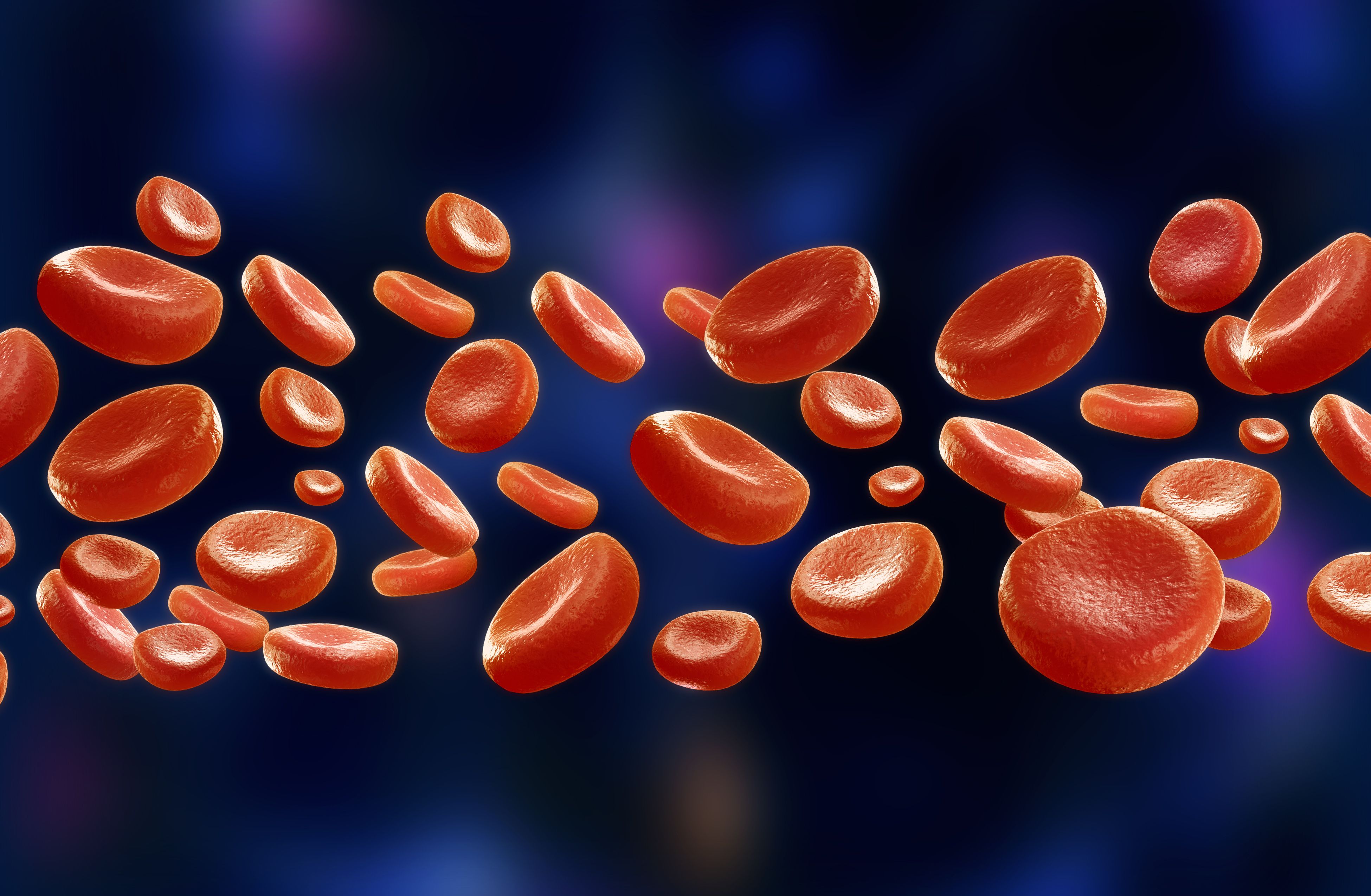THALES Data Details Impact of Ticagrelor DAPT in Reducing Stroke, Death
Results of the phase 3 THALES trial detail the effect of ticagrelor DAPT for reducing the risk of stroke and death in patients with acute ischemic stroke or transient ischemic attack.
This article was originally published on NeurologyLive.com.

Results from the phase 3 THALES trial indicate use of ticagrelor (Brilinta) with aspirin was associated with a lower risk of a composite outcome of stroke or death among patients with a mild-to-moderate acute noncardioembolic ischemic stroke (AIS) or transient ischemic attack (TIA) who were not undergoing intravenous or endovascular thrombosis.
Performed among patients with a mild-to-moderate acute noncardioembolic ischemic stroke (AIS) or transient ischemic attack (TIA) who were not undergoing intravenous or endovascular thrombosis, those randomized to 90 mg ticagrelor twice-daily with aspirin saw a 17% reduction in the rate of the primary composite end point of stroke and death (hazard ratio [HR], 0.83; 95% CI, 0.71–0.96; P=.02) compared to aspirin alone.
THALES was comprised of 11,016 patients who were assigned within 24 hours of symptom onset, in a 1:1 ratio, to receive a 30-day regimen of either ticagrelor (180-mg loading dose followed by 90-mg twice daily) plus aspirin (300 to 325 mg on the first day followed by 75 to 100 mg daily; n = 5523) or matching placebo plus aspirin (n = 5493).
“Patients who had an acute ischemic stroke or transient ischemic attack may experience a subsequent, potentially avoidable stroke. Results from the phase 3 THALES trial confirm that aspirin plus Brilinta has the potential to be a new effective treatment option for these high-risk patients and we look forward to continuing discussions with regulatory authorities,” Mene Pangalos, PhD, executive vice president, BioPharmaceuticals R&D, AstraZeneca, said in a statement.
The primary outcome, a compositive of stroke or death within 30 days, occurred in 303 patients (5.5%) in the ticagrelor-aspirin group and in 362 patients (6.6%) in the aspirin group. Ischemic stroke occurred in 276 patients (5.0%) in the ticagrelor-aspirin group and in 345 patients (6.3%) in the aspirin group (HR, 0.79; 95% CI, 0.68–0.93; P = .004).
The other secondary outcome of overall disability, measured as >1 on the modified Rankin Scale (mRS) occurred in 23.8% of the patients in the ticagrelor-aspirin group and in 24.1% of the patients in the aspirin group (odds ratio [OR], 0.98; 95% CI, 0.89–1.07; P = .61). Disabling stroke, defined as an mRS score greater than 2, occurred in 2.7% of the patients in the ticagrelor-aspirin group and in 3.5% of the patients in the aspirin group.
Researchers found that severe bleeding, the primary safety end point of the study, occurred in 28 patients (0.5%) in the ticagrelor-aspirin group and in 7 (0.1%) patients in the aspirin group (HR, 3.99; 95% CI, 1.74–9.14; P = .001). A composite outcome event of intracranial hemorrhage or fatal bleeding occurred in 22 (0.4%) and 6 (0.1%) patients in the ticagrelor-aspirin and aspirin groups, respectively.
Overall, the safety results were consistent with those of the primary intention-to-treat analysis. Premature permanent discontinuation of trial treatment owing to bleeding accounted for 152 (2.8%) patients in the ticagrelor-aspirin group and 32 (0.6%) in the aspirin group.
Results of the trial come less than a week after AstraZeneca announced that the FDA had accepted its supplemental new drug application (sNDA) for ticagrelor for the reduction of subsequent stroke in patients who experienced an acute ischemic stroke or transient ischemic attack. According to AstraZeneca, a decision from the FDA is expected sometime during the fourth quarter of 2020.
This study, "Ticagrelor and Aspirin or Aspirin Alone in Acute Ischemic Stroke or TIA," was published in the New England Journal of Medicine.